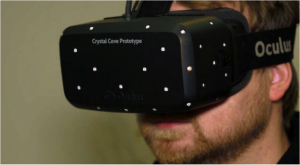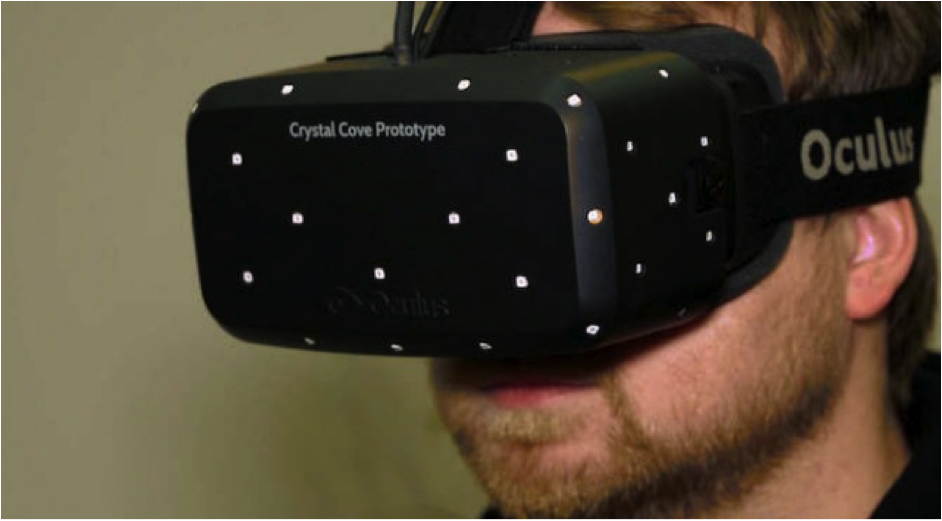 Facebook recently closed a deal with virtual reality pioneers Oculus VR. The $2 billion acquisition sent waves of negativity throughout the gaming community, with many stating that the firm’s focus on innovating play will be abandoned in favor of more commercial ventures.
Facebook recently closed a deal with virtual reality pioneers Oculus VR. The $2 billion acquisition sent waves of negativity throughout the gaming community, with many stating that the firm’s focus on innovating play will be abandoned in favor of more commercial ventures.
George Buckingham, a developer with Die Gute Fabrik studio was just one to hit out against the move. “I’m irritated,” he said. “The FB acquisition of Oculus seems 80% likely to kill their momentum… It’s probably going to get locked down in annoying ways and stop being a cool weird tech you can freely hack on.”
The announcement of the acquisition came shortly after the launch of the Oculus Rift Dev Kit 2, making it understandable why game developers were struck so hard by the news. Creator of hit title Minecraft, Markus Persson even went on to pour salt on the wound by saying: “We were in talks about maybe bringing a version [of Minecraft] to Oculus. I just cancelled that deal. Facebook creeps me out.”
It isn’t just PC gamers though who are potentially being affected by Facebook’s buyout of Oculus VR. Mobile gaming could always be hit too. Although conventions such as the CES 2014 only saw the implications of the technology on PC games, the firm were internally working on building mobile support for the Rift headset.
Late last year, Oculus co-founder Palmer Luckey stated that the Rift was in fact compatible with Android devices that have video output, and are capable of connecting to the Rift via USB connection. This means the headset has the potential to allow gamers on the go to interact with apps on a whole new level, or even to feel as though they can step inside a mobile casino to play suites of games, such as the Euro Palace game selection, no matter where they are.
Oculus CEO, Brendan Iribe said: “We have some exciting plans on the mobile VR side as [well as] the PC VR side. We’re really looking at hitting the consumer market. We’re very excited about what we’re seeing. Sceptical about how good mobile VR could be on such a small platform. It’s pretty incredible [what John Carmack] has been able to do.”
However, the recent acquisition with Facebook has thrown this venture into uncertainty. Many believe that, although Oculus will continue to work independently as part of the deal, Facebook will push the firm to use their technology in radicalising different markets. This may leave gaming, especially the mobile sector, on the backburner for the time being.
Despite this though, some are remaining more positive about the partnership, arguing that it provides Oculus with the money and resources they need to fully achieve their goals. “This is a smart move for Oculus,” said Rami Ismail, Dutch Studio’s co-founder. “We may all know of them in the tech scene, but outside of our bubble nobody has ever heard of them. If VR is to be established as a market, we need the average consumer to know of it, so having Facebook and Sony in the fray is good news.”
He added: “Oculus needed a backer that has huge mindshare, a lot of money, a lot of technological credibility and access to great software and hardware facilities. To be honest, I’m not even surprised Oculus was sold, I’m more surprised that Facebook ended up being the highest bidder.”
